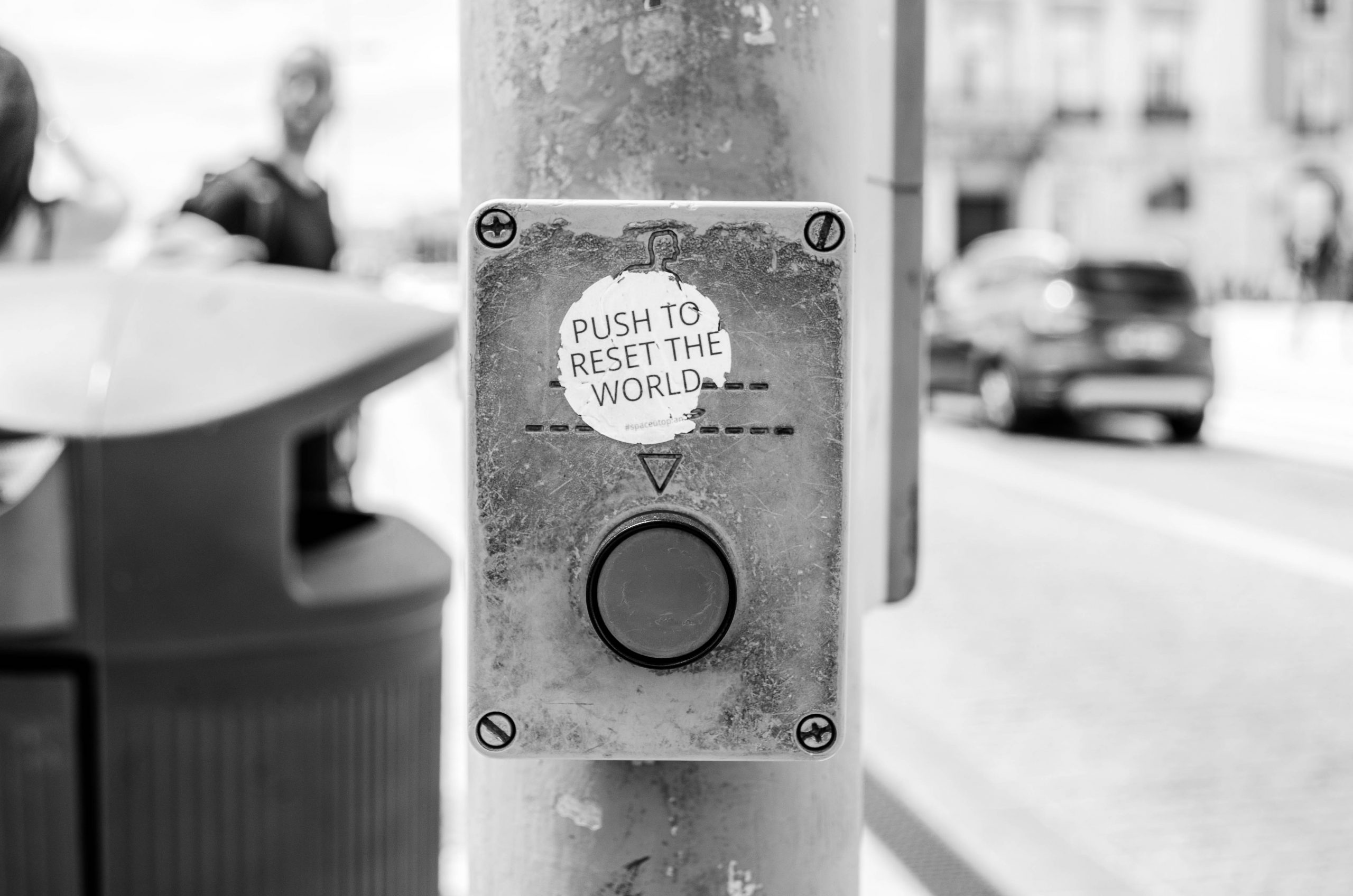Angry at Your Own Kid? Here’s Where to Start.
Photo by Jose Antonio Gallego Vázquez from Pexels
In this time of social distancing because of Covid 19 it’s hard to get much space for yourself. Your roles have suddenly morphed into something completely different than just a month ago. Team this up with the anxiety and uncertainty that comes with a pandemic and it only makes sense that you may be feeling on edge and feel a bit snappier than usual. Let’s talk about how to deal when you are angry at your own kid.
Why We Get So Angry
Have you ever wondered why you snap more at the people you care about the most? Me too. So I asked my therapist. She explained that it is not because we love our family less or don’t believe they deserve the best of us. It is because at home with the people we know and love, we are being specifically triggered with our very own personal buttons.
“We react so big at home because we are being specifically triggered by our own personal buttons.”
Your child’s survival depends on his ability to read your mood. He is an expert at knowing how to get his own needs met. So if the only way he can get your undivided attention is to throw something he’ll do just that. He has learned that throwing is not okay and is definitely something you will respond to. He pushes that button to make something happen.
Your Child’s Internal Response to Your Anger
Sometimes anger feels like the only way to get our point across. Especially when you feel like you’ve already tried every version of calm and reasonable you have left. The trouble with repeated angry outbursts is that your child will build up his own defenses against it. This is why you might see some children who do not seem phased by the I Mean Business voice and who act out when they are disappointed. When a child feels this kind of defensiveness he does not have much motivation to do things that will please you, like refraining from throwing or eye rolling.
How to Manage Your Own Anger
You are human- and feeling angry sometimes is a totally normal part of that. Once you land in fight or flight mode, however, managing anger becomes more challenging. You can tell you’re there if your anger includes tensed up muscles, heart pounding, feeling geared up for a fight. Your body is preparing you to take action to protect yourself from danger.
Make a commitment to not take action while you are angry. When you are all calm and rational, you know- after the kids are asleep, decide that you are the kind of person who does not act out her anger. This is an easy thing to do when you’re calm but can feel daunting in the moment. So cut yourself a break and give yourself permission to step away from frustrating situations. You can say things like “I want to think about what just happened and we will talk about it after dinner. Until then I expect you to make good choices”. This kind of talk accomplishes several things. It gets you space to cool off, it models healthier ways to manage anger, and it sets the expectations for your child.
By just getting started with a decision to not take action when you are angry at your own kid you are already on the right path. By employing a simple sentence like this one when you are angry the cycle of everyone getting angry and acting out can be broken. Everyone gets angry, you are not alone, you’ve got this.

Photo by Andre Hunter on Unsplash


0 Comments